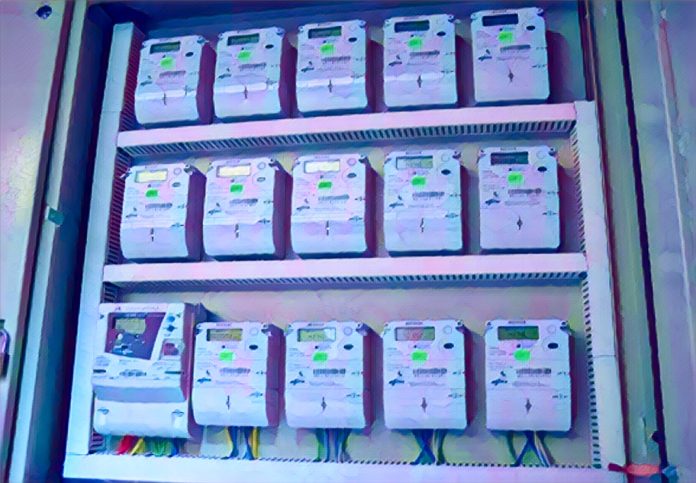KEY POINTS
- KEDCO begins installation of 4,000 free prepaid meters.
- The initiative targets Band A and B customers to ensure fair electricity billing.
- Program aims to close Nigeria’s seven-million-meter gap.
Kano Electricity Distribution Company (KEDCO) has begun installing 4,000 free prepaid meters across its service area.
This development, part of the Meter Acquisition Fund (MAF) initiative, is aimed at addressing Nigeria’s ongoing metering gap. The initiative seeks to eliminate estimated billing practices and ensure accurate electricity billing for customers.
KEDCO announced that the meters are designated for Band A and B And B customers, who are expected to receive consistent power supply.
Moreover, this effort aligns with the Nigerian Electricity Regulatory Commission’s (NERC) strategy to modernize the power sector.
According to KEDCO, the initiative also improves customer trust and promotes cost recovery.
The company’s statement highlighted its commitment to leveraging federal programs to provide better services to consumers while ensuring transparency in electricity billing.
KEDCO partners with approved providers
To ensure smooth implementation, KEDCO has teamed up with Meter Asset Providers (MAPs).
Moreover, these vendors are tasked with supplying and installing the meters under the guidelines of the MAF initiative.
“This program is crucial for the sustainability of Nigeria’s power sector,” KEDCO stated. “The deployment of these meters at no cost to customers will help bridge the seven-million-meter gap in Nigeria.”
According to Punch, the initiative specifically targets customers in Band A, who should ideally receive 20 hours of electricity daily, and Band B customers with slightly lower supply expectations.
However, some customers in these categories have expressed concerns over erratic power supply despite paying higher tariffs.
Moving toward a modernized power sector
Nigeria’s metering gap remains a critical challenge. An estimated seven million households and businesses lack access to accurate electricity billing.
However, this gap not only impacts consumers but also affects power distribution companies’ revenue collection efforts.
Experts believe that programs like the MAF could serve as a model for addressing the country’s broader energy challenges.
By providing free prepaid meters, the government hopes to reduce billing disputes and increase consumer confidence in the system.
However, observers stress the need for continued investment in infrastructure and reliable power supply. Addressing the supply-demand imbalance will be key to achieving the long-term goals of this initiative.



